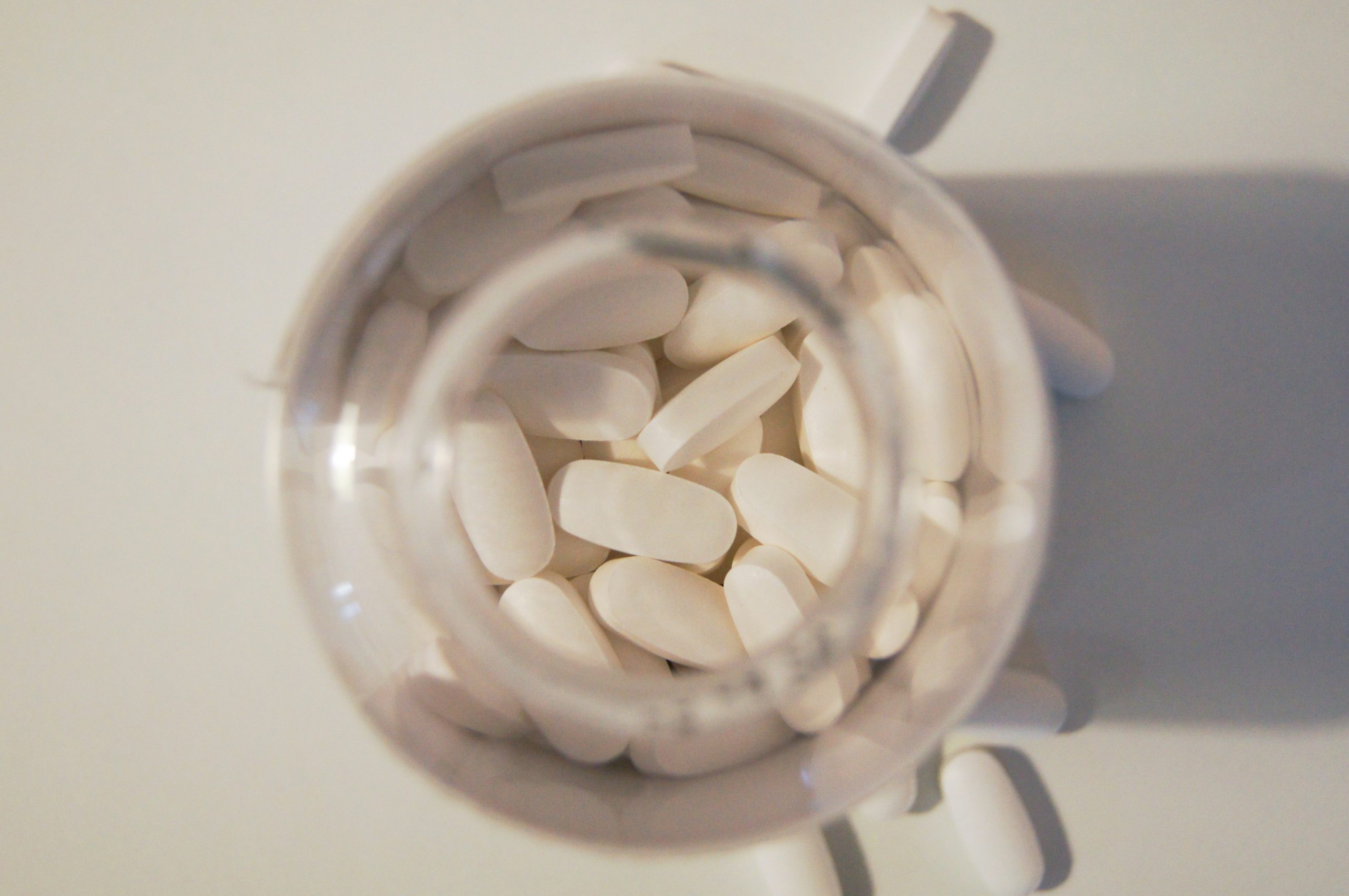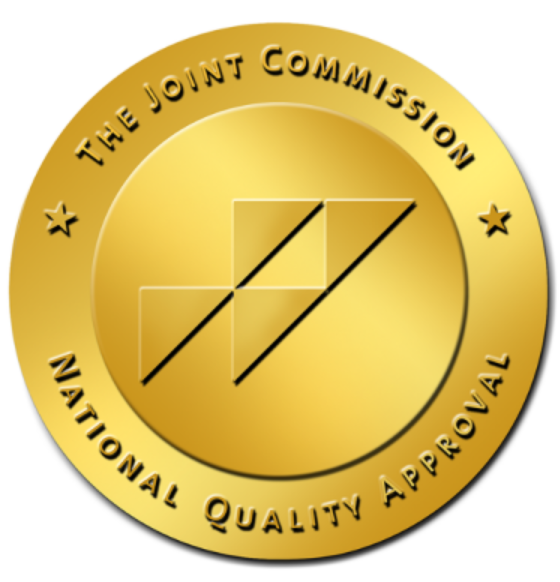
On October 10th, we observe World Mental Health Day. It’s a time to raise awareness about mental health issues and push towards a better foundation. Mental health disorders and illnesses continue to plague millions of people around the globe. Today’s the day where we work together to make a difference for the future.
Another issue that continues to affect millions of people is drug addiction. What many people don’t realize is that addiction is considered a mental illness (substance use disorder). On this day, we look at some of the signs of addiction and ways to help those struggling with mental health or addiction.
When someone is struggling with an addiction, things can quickly go south. An addiction can completely take over a person’s life and can drastically change their behavior (negatively). This is why it’s especially important to get help before it’s too late. It’s important to be informed and aware of the dangers of addiction and mental health, this is the goal of World Mental Health Day.
Types of Mental Illnesses
There are a number of different mental health disorders. These disorders have the potential to completely change a person’s thinking processes, mood, and overall behavior. Here are a few of the most common types of mental health disorders:
- Schizophrenia
- Bipolar disorder
- Bipolar disorder
- Anxiety disorder
- Substance abuse disorder
- Obsessive-compulsive disorder (OCD)
- Post-traumatic stress disorder (PTSD)
- Attention-deficit hyperactivity disorder (ADHD)
It’s important to know that each of these has its own symptoms and vary in severity. No matter how bad things may get, it’s important to know that you are not alone. A person should never be afraid to reach out for help, no matter the circumstance. Having a supportive foundation and the motivation to get help can go a long way.
Another problem that plagues many people is the vicious cycle of drug addiction and mental illness. A co-occurring disorder occurs when a person is struggling with both a mental illness and drug addiction. These two conditions can begin to feed off each other (which tends to worsen the symptoms of both disorders). Co-occurring disorders typically require intensive treatment (residential treatment is common).
Addiction as a Mental Health Disease
What many people might not realize is that addiction is considered a mental health disease. Drug and alcohol addiction has its many physical effects but it also has a huge impact on the mind. When someone is addicted to a substance, their typical desires and priorities change. Their behavior and overall thought processes shift to something else.
Addiction can break relationships and tarnish a person’s goals and dreams. A person may become entirely dependent on a particular drug. They may spend much of their time trying to acquire the drug all while experiencing a number of mental and physical symptoms. Addiction of any kind is considered a mental health disease and should be taken seriously to avoid further consequences.
A Closer Look at Substance Use Disorder
Drug addiction is also referred to as substance use disorder (SUD). People suffering from substance use disorder are dependent on a particular drug and have lost control over their drug use. This can cause a number of negative effects on your mind, body, and those around you. Millions of people suffer from substance use disorder and it’s important to know its significance on World Mental Health Day.
Commonly abused drugs include:
Each of these can affect a person’s mind drastically. It is not uncommon for people who abuse drugs to experience depression, anxiety, and suicidal thoughts. Unfortunately, many people tend to turn to drugs or alcohol to self-medicate when they are struggling with stress or another mental illness. If you notice someone struggling with addiction or mental illness, Create Recovery may be able to help.
Signs and Symptoms of Substance Use Disorder (SUD)
As we continue to raise awareness during World Mental Health Day, it’s crucial to know the telling signs of a possible condition. In this case, we’ll be looking at substance use disorder and some of the red flags that can indicate an addiction. While each drug will have its own symptoms and effects, there are some general behavioral signs that can indicate a deeper issue. Common signs of possible substance use disorder include the following:
- Having problems at school or at work
- Neglect of hygiene and overall appearance
- Psychical changes like lowered motivation, weight loss, red eyes, etc.
- Constant financial issues (or spending money on drugs, asking to borrow money, etc.)
- Changes in behavior (secretive, feelings of guilt, or changes in behavior around family members)
Over time, a person’s behavior and even physical looks can change dramatically. If you notice any of these signs in a loved one or friend, they may be struggling with an addiction. As mentioned, each drug will have its own set of symptoms but there are a number of common symptoms among most drugs. Common symptoms of substance use disorder may include:
- Anxiety
- Coughing
- Red eyes
- Runny nose
- Trouble sleeping
- Irregular heartbeat
- Cold, sweating palms
- Shaking (feet, hands, etc.)
- Needle marks on the arm, or leg
- Energetic and excessive talking
- Loss of appetite and eating habits
- Decreased coordination or slurred speech
These physical and behavioral symptoms can tell a lot about a person’s current state. It’s important to recognize these and look for help. Waiting can only do harm, some substances can lead to dangerous behavior, suicide, automobile accidents, or overdose in some cases. Don’t be afraid to reach out for help when you or a loved one is in need.
Substance Use Disorder Statistics
Turning to the numbers, there are a lot of alarming stats. These statistics only reiterate the need for World Mental Health Day. Raising awareness and pushing for help and change is the primary goal. There is a strong connection between mental illness and substance use disorder. Studies from the Substance Abuse and Mental Health Services Administration (SAMHSA) show alarming stats that cover many ages and people.
- In 2018, an estimated 9.2 million adults aged 18 or older (3.7% of all adults) had both AMI (any mental illness) and at least one SUD in the past year.
- 3.2 million adults (1.3 percent of all adults) had co-occurring SMI (serious mental illness) and a SUD in the past year.
- The percentages of adults who used illicit drugs in the past year were higher among those with SMI
- Approximately 358,000 adolescents (1.5 percent of all adolescents) had a SUD and an MDE in the past year, including 288,000 adolescents (1.2 percent of all adolescents)
Young Adults and Mental Health
One of the biggest groups affected by mental illnesses is young adults. The numbers show a strong correlation between mental health disorders and drug addiction in young adults as well. Raising awareness is one of the best parts of World Mental Health Day and the numbers show something worth fighting for.
One of the overlooked aspects of mental illness is the negative stigma associated with it. There seems to be a negative look at mental illness and how it affects people. This stigma can deter people from getting help and reinforces the false idea that there is something terribly wrong with a person going through a mental illness.
Fortunately, over the years this stigma has started to decrease because of initiatives like World Mental Health Day. In a survey conducted by American University in 2015, nearly 85% of millennials said they’d have no problem making friends with someone with a mental illness. However, there is still work to be done. In the same study, nearly 50% of students interviewed said that people their age don’t know where to go for help or healthcare. Even though around 70% said they wouldn’t mind speaking to a therapist or counselor.
Treating Substance Use Disorders and Addiction
Professional help is the best option for long-term sobriety and effective treatment. Sharing these treatment options and making them accessible is a vital part of World Mental Health Day. Regardless of how you got to where you are now, getting help is always an option. Rehab facilities like Create Recovery are doing their part in helping people get the treatment they need.
Detoxification
Detoxification is a process that gets rid of all substances and alcohol in a person’s body. This is usually the very first step of all addiction treatment processes. Detox helps with some of the withdrawal symptoms associated with addiction and opens the door for other treatment options. Specific medication is usually used during the process.
Therapy for Mental Illnesses and Addiction
Therapy is one of the most commonly used treatment options for both mental illnesses and addiction. Therapy helps a person understand their condition and learn to live with it. Not only that but different therapy options can help change a person’s behavior and thoughts drastically.
Commonly used therapy options include:
- EMDR
- Group therapy
- Individualized therapy
- Cognitive-behavioral therapy (CBT)
- Dialectical behavior therapy (DBT)
Residential Treatment
Residential treatment is best for severe cases of addiction and mental health disorders. When dealing with co-occurring disorders, medical assistance, and a safe environment like a residential rehab is recommended. For more intense situations, it is crucial to have access to professionals and doctors at a moment’s notice.
Get The Help you Deserve
World Mental Health Day is a day where we help those struggling mentally get the treatment they need. Raising awareness and helping others is what it’s all about. If you or a loved one is struggling with addiction or mental health, Create Recovery may be able to help! Contact us today to learn more about our treatment options and addiction resources.
References:
Follow Us:









